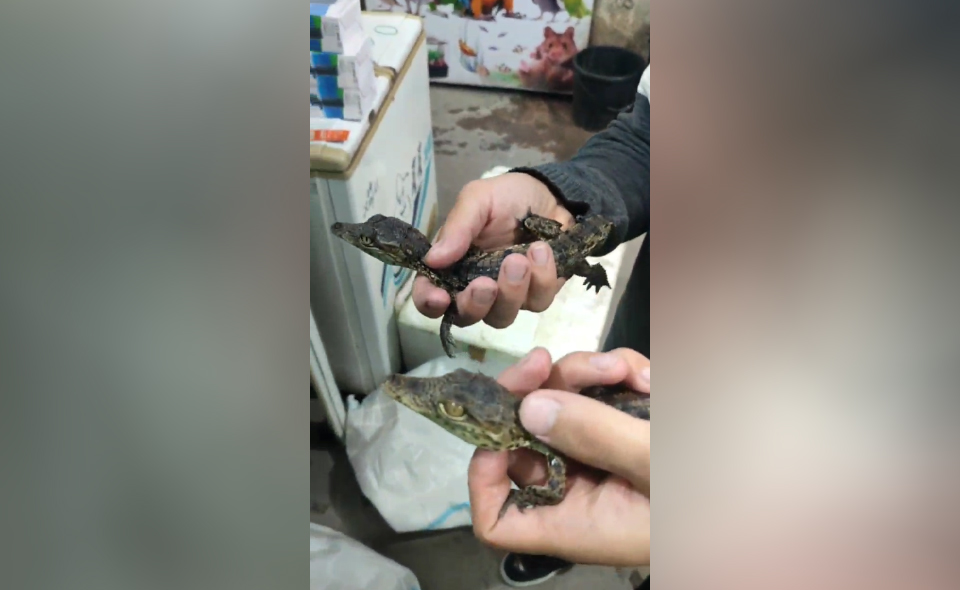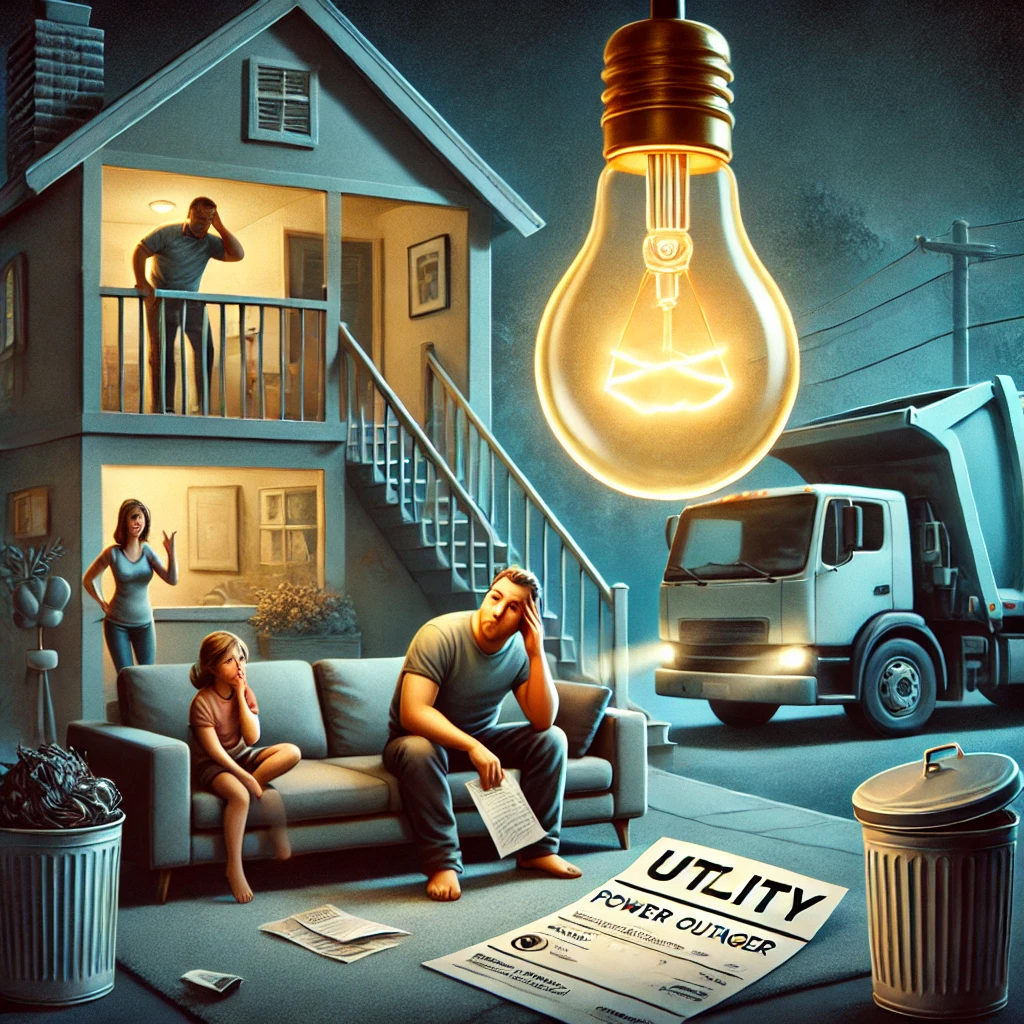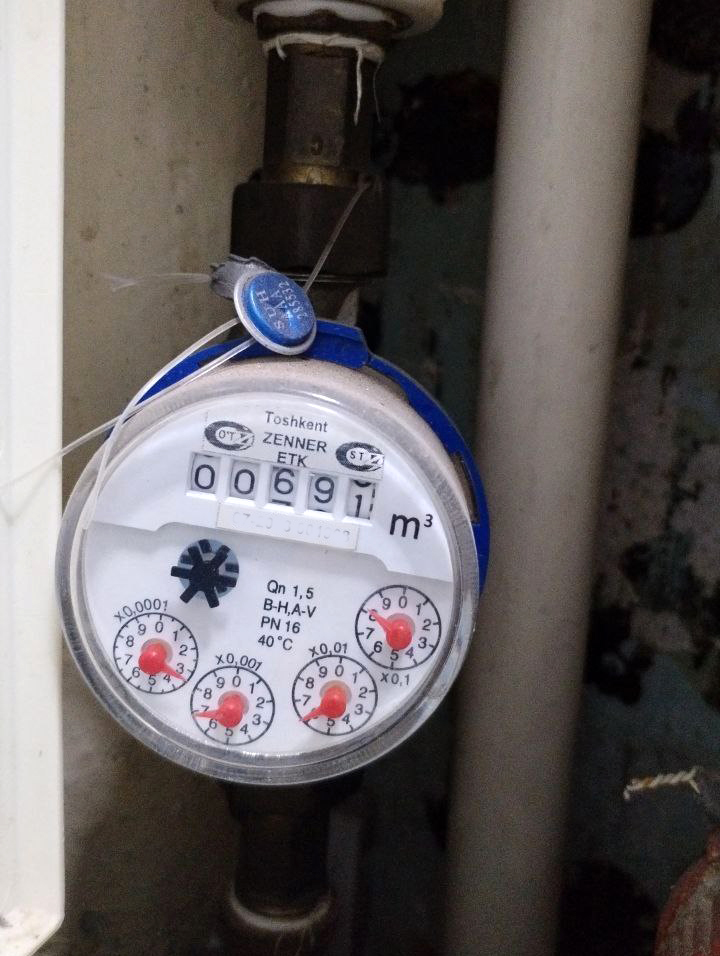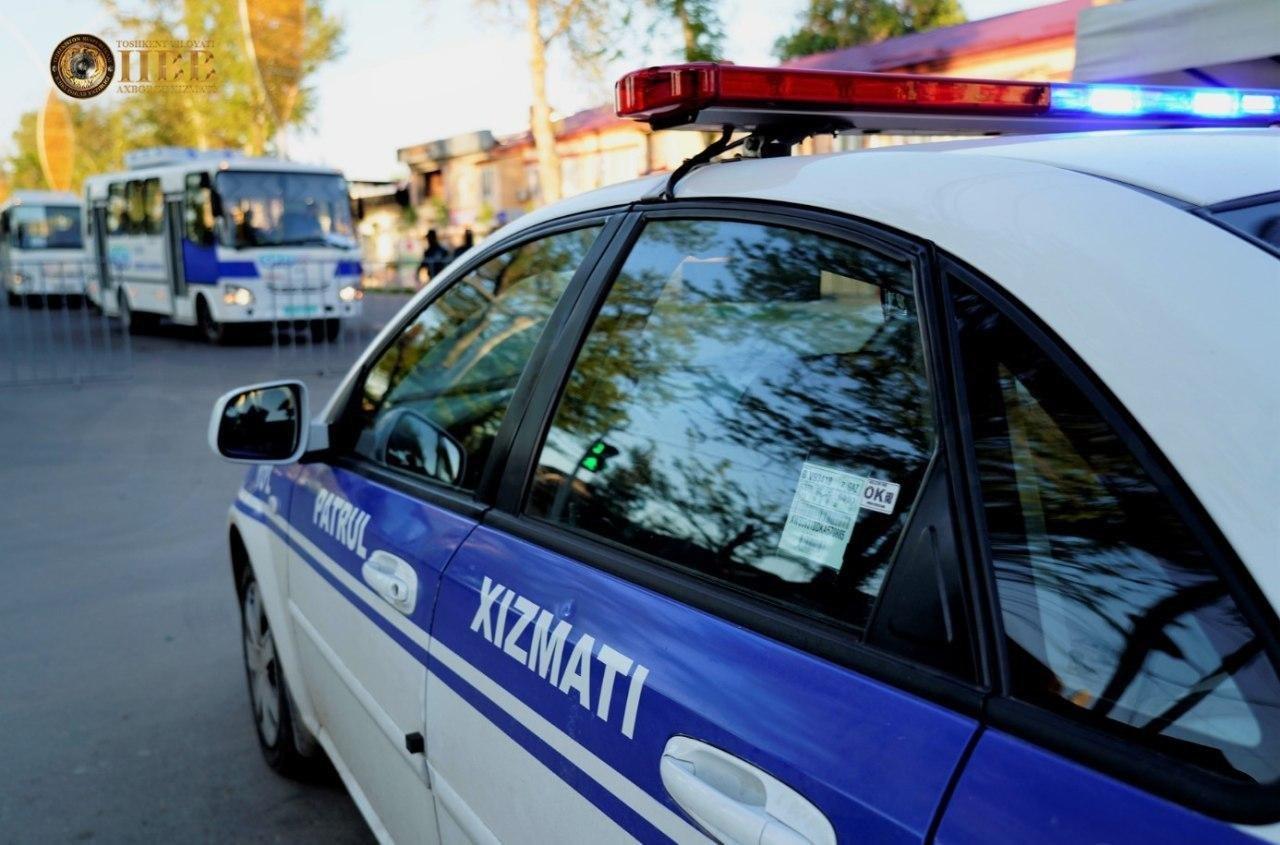This article is also available in:
Русский (Russian)
Uzbek
In Uzbekistan, where cases of illegal wildlife trade have been on the rise in recent years, the pet shop “Krasnaya Shapochka” in Andijan has once again shocked the public by starting to sell crocodiles. This pet shop has been repeatedly mentioned in the news for illegal animal trade and cruelty. Despite numerous complaints, no measures have been taken against the shop’s owners.
This story was reported by the specialized Telegram channel “Ekolog”. The shop owner, feeling a sense of impunity, continues to break the law, and is now selling crocodiles. Several urgent questions arise: is it legal for them to trade such dangerous animals? Where did the crocodiles come from, and how were they imported into the country? These questions require immediate intervention from the Andijan Regional Department of the Ministry of Ecology, Environmental Protection, and Climate Change.
This issue was recently discussed at a presidential meeting, where the topic of keeping wild animals in households was raised. In Uzbekistan, this practice is quite widespread: lions, snakes, and now even crocodiles are often kept as “pets.” However, as experts point out, this area is practically unregulated by law.
The country urgently needs a legal framework for controlling the keeping of wild animals by individuals, private circuses, and traveling shows. It is expected that this practice will be banned, and all such animals will be transferred to specialized rehabilitation centers at zoos, aquariums, and research institutions.
Why is it dangerous to keep wild animals at home?
Keeping wild animals in domestic environments carries numerous risks for both the owners and society. Here are several reasons why it’s dangerous:
- Danger to People. Wild animals, especially predators like lions, snakes, or crocodiles, are not meant to live alongside humans. Their instincts can lead to aggressive behavior, which threatens the safety of household members and others. Wild animals can attack their owners or passersby at any moment, causing serious injuries or even death.
- Inadequate Living Conditions. Domestic settings cannot provide wild animals with the same conditions as their natural habitats. Crocodiles, for example, require large bodies of water and a specific diet. A lack of space, improper nutrition, and insufficient care can lead to a miserable life for the animals, resulting in diseases and early death.
- Spread of Diseases. Wild animals can carry dangerous infections and viruses that can be transmitted to humans. Keeping such animals without veterinary supervision increases the risk of spreading epidemics, potentially leading to a new virus like COVID-19.
- Illegal Trade and Poaching. Many wild animals are brought into the country illegally through poachers and smugglers. This promotes the illegal capture of animals in their natural habitats, negatively impacting the populations of many species and destroying ecosystems.
The Need for Stricter Measures
The sale of wild animals without proper permits and conditions must be considered a serious violation of the law. Stricter measures are needed to control the trade in wild animals, including licensing and regular inspections of pet shops. Additionally, public education programs should be created to inform citizens about the dangers and irresponsibility of keeping wild animals at home.
Only through strict control measures and proper public awareness can such cases be prevented, protecting both people and animals from cruelty and the dangerous consequences of such practices.
The text has been translated by AI. For more accurate information, please refer to the Russian version of the article











